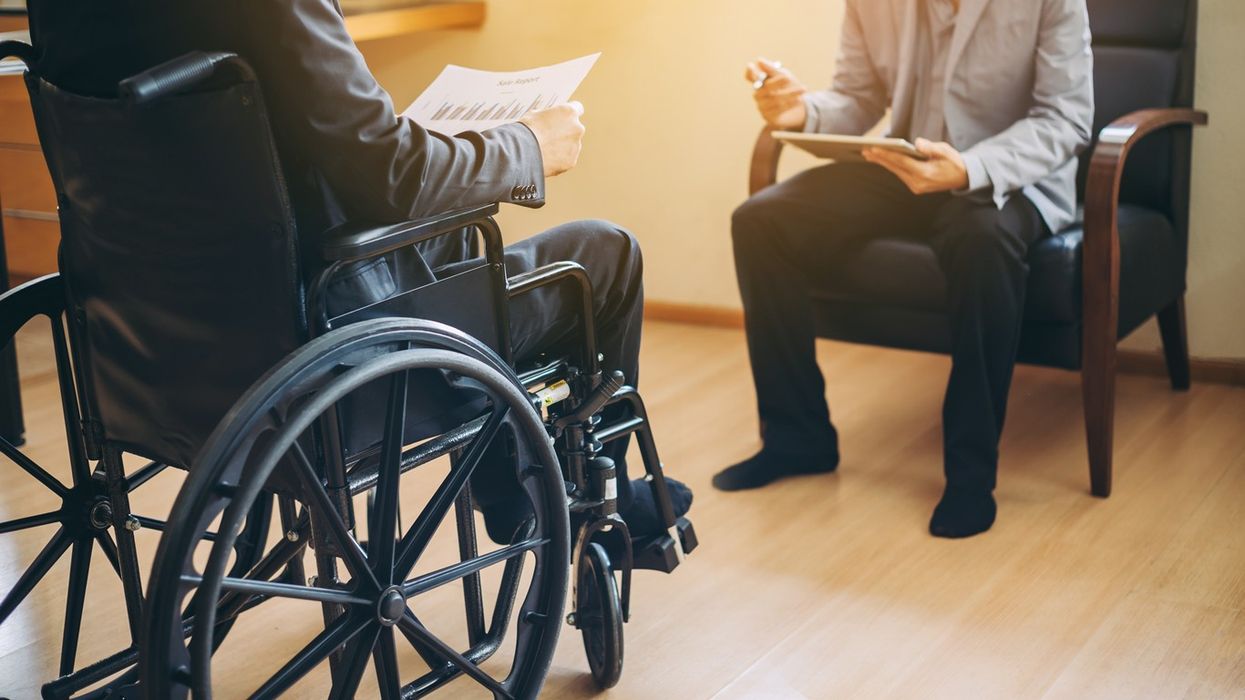A new survey has revealed that black, Asian and disabled tenants in UK are facing a 'housing emergency' as they are forced to live in substandard, hazardous, unaffordable, or unfit houses.
The survey of 13,000 people’s housing experiences by housing charity Shelter found out that overall 17.5 million people had faced discrimination, reported The Guardian.
According to the survey, black and Asian people were almost five times more likely to experience discrimination when looking for housing than white people (14 per cent vs three per cent). More than one in 10 disabled people, and seven per cent of those earning under £20,000 a year, found it hard to find a safe and secure home.
Twelve per cent of black people and 14 per cent of Asian people reported safety hazards in their homes, such as faulty wiring and fire risks – compared with six per cent of white people. Besides, 14 per cent of black people and 16 per cent of Asian people reported living in a property with significant defects with walls or roof, compared with eight per cent of white people.
The survey further said that overall 56 per cent of black people were affected by the housing emergency, compared with 49 per cent of Asian people and 33% of white people. More than half (54 per cent) of disabled people were affected (compared with 30 per cent of non-disabled people) and 58 per cent of single parents.
As many as 14 per cent of the respondents admitted that they cut back on food or fuel to prioritise paying the rent or mortgage.
The charity said that the survey revealed the state of Britain’s housing during the pandemic as poor and overcrowded accommodation recognised as a key factor in many areas where Covid infections and deaths were highest, the newspaper report added.
"Structural racism and discrimination mean black, Asian, and disabled people, gay people, people on low incomes and single parents are overwhelmingly more likely to experience poor and inadequate housing," the charity pointed out.
"Racial minorities were more likely to be offered poorer homes or 'steered' into certain neighbourhoods. The so-called 'No DSS' discrimination and the ineligibility of some migrant workers for housing support further diminished the housing chances of marginalised groups."
A 'No DSS' policy is when an agent refuses to rent to anyone who gets universal credit or housing benefit.
Shelter chief executive Polly Neate has alleged that lives are being ruined by benefit cuts, blatant discrimination and the total failure to build social homes.
According to Shelter, 11 million people now rent in the private rented sector, twice as many as two decades years ago.
An estimated 1.5 million people bringing up children in the private rented sector – twice as many as 15 years ago, and hundreds of thousands of older people were likely to be renting privately in years to come, it added.
The charity has called for 90,000 social homes to be built every year to stem the crisis of affordability and to cut the estimated 1 million people on council waiting lists.
A spokesperson for the ministry of housing, communities and local government told The Guardian that it is providing over £750m this year alone to tackle homelessness and rough sleeping and are investing over £12 billion in affordable housing.





